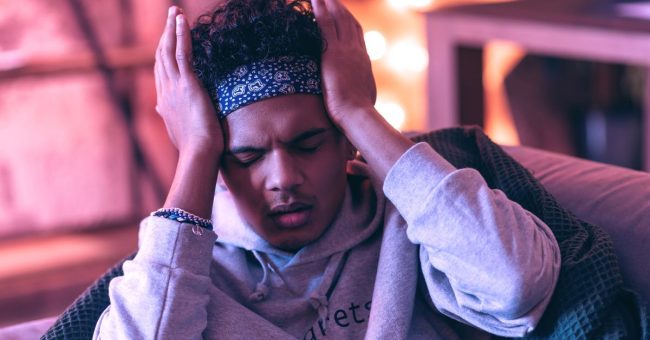
Relapse prevention therapy has a lot of potential benefits for people who are struggling with addiction. During the treatment process, people learn to control their urges to use drugs and alcohol. However, they often ignore the tools that they are taught during relapse prevention therapy. These tools may not work for you if you do not use the drug or alcohol that you are trying to stop. In that case, you may want to seek the help of a counselor.
Mindfulness-based relapse prevention (MBRP)
MBRP focuses on teaching addicts how to recognize and respond in the present to cravings and triggers. By training people to be present in the moment, they learn to recognize multiple outcomes in any situation and react appropriately. This approach is most effective when it is learned in a therapeutic context. In therapy, people practice the techniques while addressing their issues, such as the triggers of addiction.
MBRP also addresses the issue of relapse. In a nutshell, it teaches people how to manage the automatic response. While cravings are inevitable, MBRP encourages individuals to acknowledge and explore them without acting on them. This practice erases the false notion that experience must be positive in order to be beneficial and teaches people to react in a way that serves them rather than triggering relapse.
Cognitive-behavioral therapy
Relapse prevention is an important part of addiction treatment. For most people, it’s very hard to overcome an addiction on their own, so learning how to handle cravings and avoid relapse is a vital step toward recovery. Cognitive-behavioral therapy for relapse prevention gives people the tools to fight against the thoughts of relapse that often accompany withdrawal. It’s the same reason that so many addiction treatment programs incorporate relapse prevention techniques.
There is no single treatment that will guarantee relapse prevention. Several studies have shown that a combination of two or more modalities is most effective. A systematic review of 30 trials in this area showed that combining cognitive-behavioral therapy with pharmacotherapy leads to better outcomes for patients. Ultimately, the best practices for addiction treatment should include both cognitive-behavioral therapy and other evidence-based therapies.
Lifestyle change
Relapse prevention therapy has many benefits for a person who has a substance use disorder. In general, this therapy focuses on understanding the reasons behind relapse and treating the problem before it occurs. It promotes a moderated lifestyle and emphasizes coping skills and identifying the triggers that lead to relapse. It may also help a person recognize triggers and prevent a relapse by making changes in lifestyle.
A relapse can occur during any stage of the recovery process. The person’s inner world is affected by the external stress. As a result, the person’s internal struggles manifest themselves in their outward behaviors. The relapse phase may be preceded by social breakdown or spending time with former substance abusers. If a person can recognize that a relapse is coming, it is much easier to prevent it.
Identifying triggers
Identifying triggers for relapse preventative therapy is vital to your treatment. Often, the triggers can be anything from unreasonable expectations, to exhaustion, to loneliness. You may also experience a relapse because of peer pressure, depression, or other emotional factors. These factors are all difficult to avoid. But, if you can identify the common ones, you can make better plans for dealing with them.
External triggers include people and places that remind you of your past drug use. Sometimes, these places or people are close to the addict and may trigger their use. Identifying these triggers will help you develop effective responses to them. These triggers will likely be different for each person. It is vital to learn about these triggers early on and be honest about them. Otherwise, it may lead to relapse and a new round of drug use.




